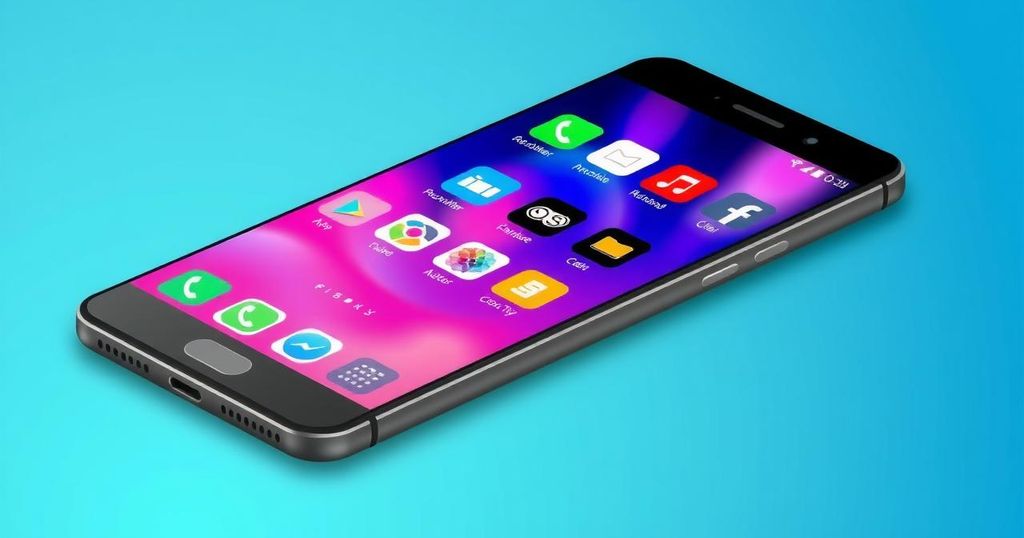Brazil has ordered Apple to enable sideloading, allowing users to install apps directly. The decision follows similar rulings elsewhere, with Apple required to comply in 90 days. The company argues that sideloading poses privacy risks, an ongoing contention as regulatory scrutiny increases globally.
Brazil has mandated that Apple permit sideloading on its devices, marking a significant development for app usage in the country. Following a recent court ruling, Apple is required to comply within 90 days. The ruling emphasizes that Apple has already adjusted to similar judgments elsewhere.
Sideloading allows users to download and install apps directly onto their devices without relying on the traditional app store, akin to how Android users can utilize APKs. This new ruling continues to challenge Apple’s long-standing resistance to such practices, especially after the monumental lawsuit from Epic Games that scrutinized the company’s ecosystem management.
Apple’s primary opposition to sideloading is grounded in privacy concerns, which it claims can be compromised through third-party apps. The company has faced criticism over its privacy practices, particularly after changes to its App Tracking Transparency (ATT) policies in 2022, which previously drew heightened regulatory attention.
Despite ongoing challenges, including similar demands from countries like Vietnam and various EU nations, Apple appears to be losing ground in its resistance against sideloading and alternative app marketplaces. The landscape of app distribution on iOS may be evolving as regulatory pressures mount, indicating a shift from Apple’s historically controlled ecosystem.
In summary, Brazil’s ruling demanding that Apple enable sideloading underscores a broader trend in various countries pushing for more open app ecosystems. As Apple faces mounting pressure and potential appeals, the conversation surrounding privacy versus open access to applications is heating up. This situation reflects a significant transitional phase for Apple, which has traditionally sought to limit external app installations.
Original Source: www.pocketgamer.com






